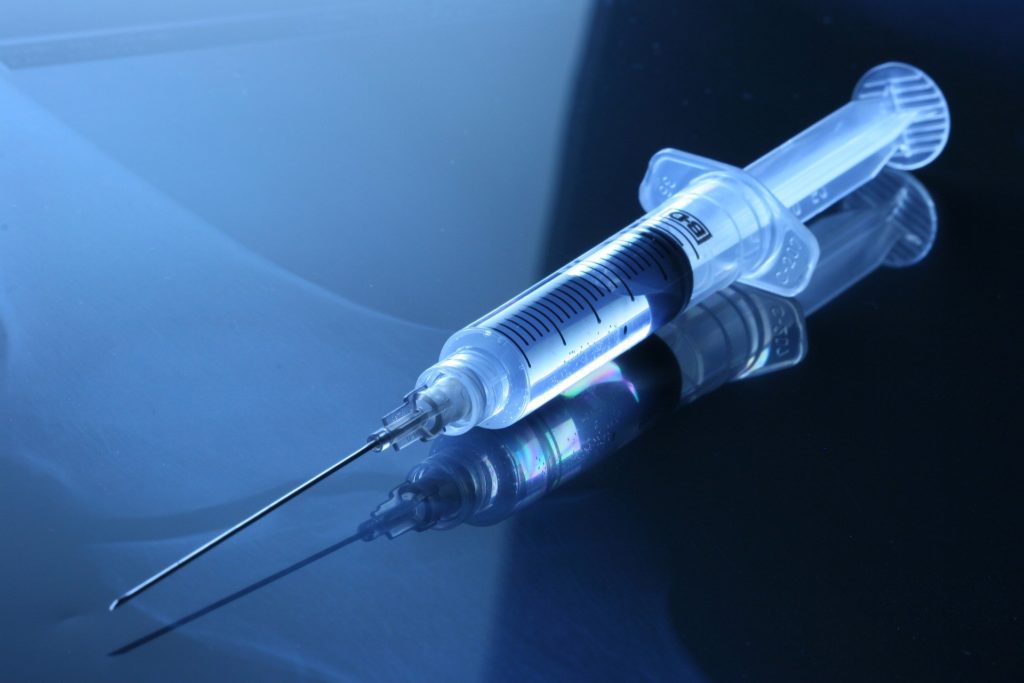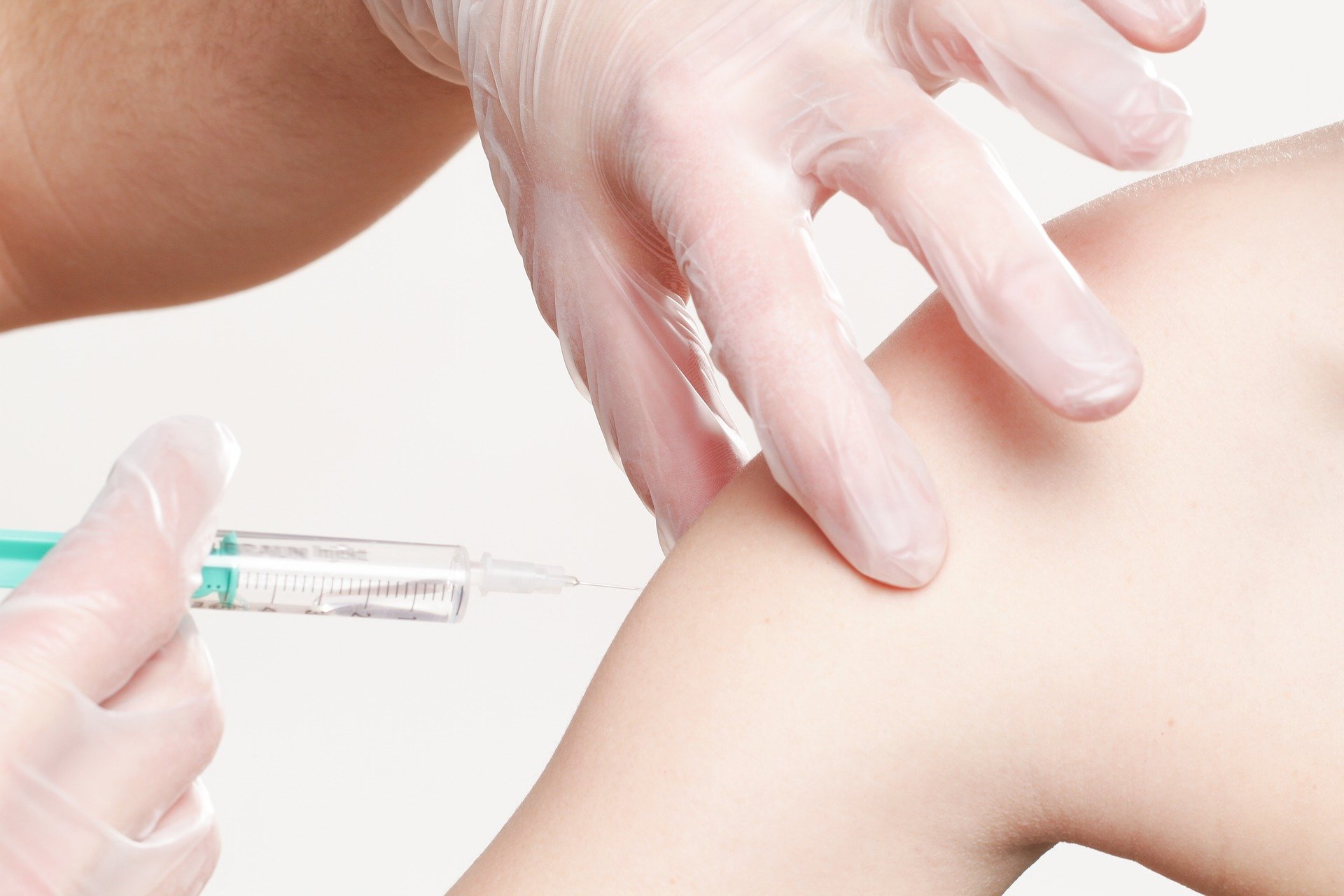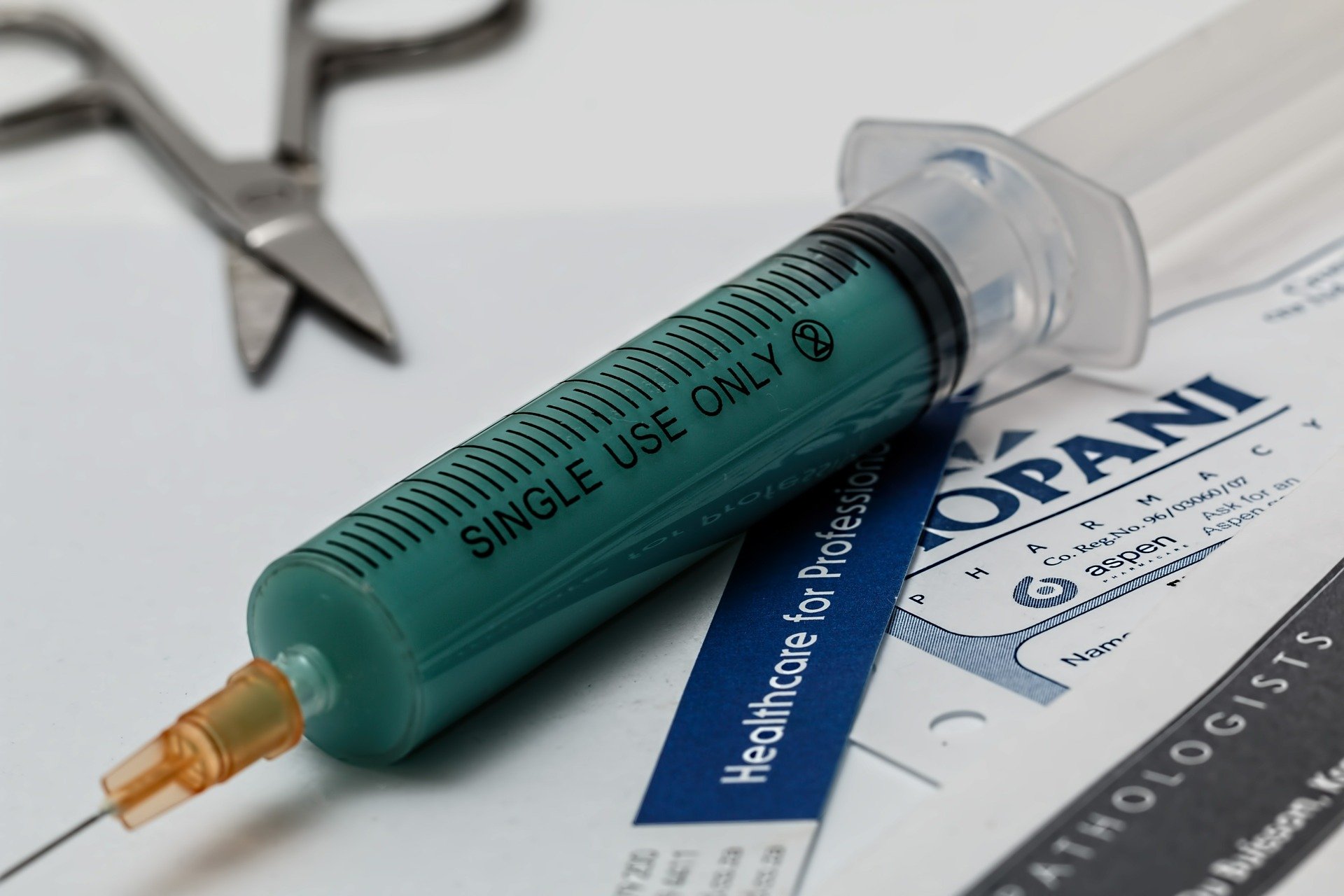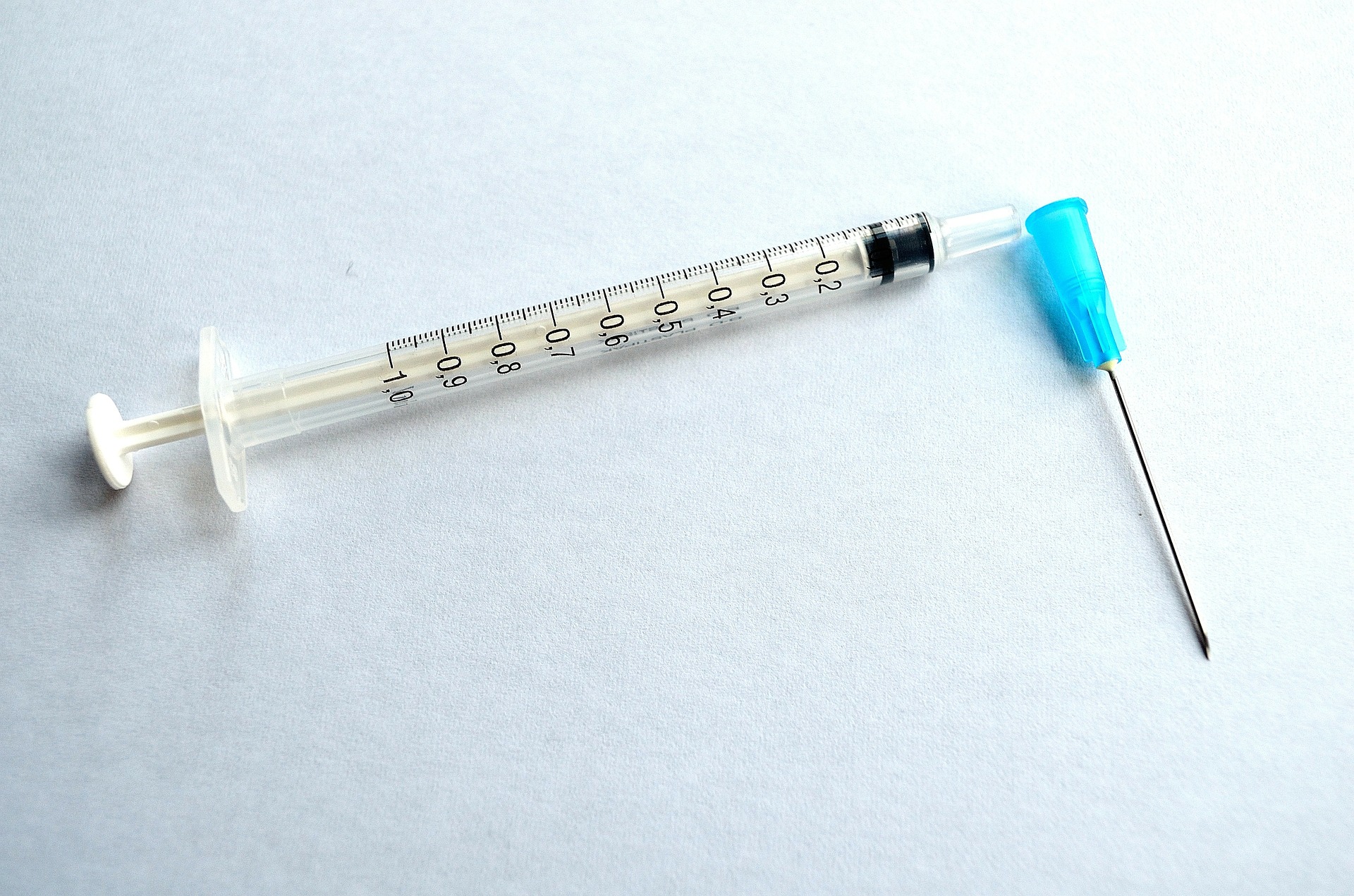AstraZeneca and The University of Oxford’s jointly developed COVID-19 vaccine has received authorization for emergency supply in the UK. Vaccinations will begin early in the new year according to officials.
The UK Medicines and Healthcare products Regulatory Agency (MHRA) authorized the vaccine (known formerly as AZD1222) for emergency supply for the immunization of individuals 18 years or older. The vaccine is administered in two doses spaced four to 12 weeks apart.
In November, results from Phase III trials of the vaccine revealed that the vaccine was on average 70 to 90 percent effective. Variation in the efficacy results were due to different dosing regimens that were being evaluated.
The approved recommended dosing for the vaccine has been shown to be safe and effective in the prevention of symptomatic COVID-19. No severe cases of the infection, nor any hospitalizations lasting longer than 14 days after administration of the second dose in trials, have been reported.
The UK was the first country in the world to approve a COVID-19 vaccine, having given approval to BioNTech/Pfizer’s vaccine earlier this month. It has also become the first to give the nod to Oxford/AstraZeneca’s vaccine.
Related: AstraZeneca-Oxford COVID-19 Vaccine Shows High Efficacy
“Today is an important day for millions of people in the UK who will get access to this new vaccine. It has been shown to be effective, well-tolerated, simple to administer and is supplied by AstraZeneca at no profit,” said Pascal Soriot, chief executive officer, AstraZeneca, in a press release from the company.
The UK authorization was based on an independent review conducted by the Commission on Human Medicines at the MHRA. Trial data was reviewed on a rolling basis, including the interim analysis of the Phase III trial program led by the University of Oxford.
Data from the trial — published in the journal The Lancet — showed that the vaccine was safe and effective. There were also no serious adverse events related to the vaccine, as the overall reported rates of serious events were 0.7 percent in the vaccine group and 0.8 percent in the control group.
The trial’s safety data that has been published so far comes from over 20,000 participants enrolled across four clinical trials in the UK and Brazil, and South Africa. The interim efficacy analysis was based on 11,636 participants among which there were 131 symptomatic infections.
The trial participants represent diverse racial and geographic backgrounds and include both healthy individuals, as well as those that have stable underlying medical conditions.
Professor Andrew Pollard, director of the Oxford Vaccine Group and chief investigator of the Oxford vaccine trial, said, “The regulator’s assessment that this is a safe and effective vaccine is a landmark moment, and an endorsement of the huge effort from a devoted international team of researchers and our dedicated trial participants.”
In addition to the trial being led by the University of Oxford, AstraZeneca is conducting a large trial in the US and other countries around the world. The combined trials are expected to enroll up to 60,000 participants globally.
Approval of the Oxford/AstraZeneca vaccine will help inoculate millions more worldwide.
According to CNN, Matt Hancock, UK Secretary of State for Health and Social Care, said that the UK has 100 million doses of the vaccine on order. Combined with 30 million doses of the Pfizer/BioNTech vaccine, this would be enough to vaccinate the entire UK adult population he said.
The country plans to begin vaccinations on Monday with the 530,000 doses of the Oxford/AstraZeneca that it already has on hand.
AstraZeneca has promised to supply hundreds of millions of vaccine doses on a not-for-profit basis to low and middle-income countries.
The vaccine is significantly less expensive than some of the other approved vaccines. It is also easier to transport as it doesn’t require refrigeration at double digit subzero temperatures of -70°C.
Dr. Pollard said, “Though this is just the beginning, we will start to get ahead of the pandemic, protect health and economies when the vulnerable are vaccinated everywhere, as many as possible as soon possible.”











Join or login to leave a comment
JOIN LOGIN